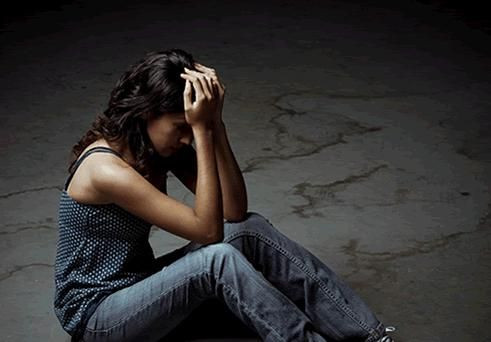Victimization More Than Doubles Suicidal Ideation in Children

Children who have been bullied by peers in the past year are 2.5 times more likely to have suicidal thoughts than those who have not, according to a new study.
Researchers found that compared to participants who were not victimized at all, those who were victimized by their classmates were more than twice as likely to think about committing suicide in the past year. Experiencing sexual assault, including at the hands of peers, more than tripled the risk of suicidal thoughts and being maltreated by a parent more than quadrupled suicidal ideation.
The latest findings, published Oct. 22 in the journal Archives of Pediatrics Adolescent Medicine, show that kids who have been sexually assaulted in the past year were 3.4 times more likely to have suicidal ideation while those who have been maltreated by a parent were almost 4.4 times more likely to think about killing themselves.
"Peer-victimized youth had almost 2.4 times the risk of suicidal ideation, those sexually assaulted in the past year had about 3.4 times the risk and those who were maltreated had almost 4.4 times the risk of suicidal ideation," compared with kids who were not exposed to these types of victimization, researchers wrote.
Researchers say that the recent study provides disturbing evidence of the tragic consequences of not just bullying but several types of other abuse.
In the study, which included 1,186 students between the ages of 10 and 17 who participated in the National Survey of Children's Exposure to Violence, 4.3 percent or 1 in 23 participants said they had experienced suicidal ideation or thought about killing themselves at least once in the month before they were interviewed by researchers.
Suicide is the third leading cause of death, after car accidents and homicide, among U.S. adolescents.
Researchers found that young people who had been polyvictimized, exposed to seven or more types of harassment, in the past year were nearly six times more likely to have suicidal thoughts.
"These findings emphasize the need to include comprehensive victimization assessment in adolescent suicide prevention and intervention efforts," Turner and co-authors wrote. Researchers recommended that teenage patients who experienced harassment from peers or a parent, or who were the victims of sexual assault, have suicide risk assessment included in their treatment.
Researchers also found that while 4.3 percent of respondents reported experiencing suicidal thoughts, nearly twice as many females compared to males reported suicidal ideation.
The study also showed that 11 percent of students in parent-stepparent families reported suicidal ideation, while 3.1 percent of those in two biological- or adoptive-parent families and 4.3 percent of children with other adult caregivers reported thinking about suicide.
Children who have been diagnosed with an internalizing disorder like depression or anxiety were four times more likely to think of suicide compared to those who have never been diagnosed, according to the study.
However, researchers found that children or adolescents who have witnessed community or familial violence were significantly more likely to contemplate suicide. Researchers wrote that they could not explain the particularly strong influence of maltreatment" by a parent or caregiver on suicidal thoughts, but hypothesized that abuse by "those on whom youth typically depend for safety, stability, and nurturance" dramatically increases feelings of hopelessness, which could result in suicidal thoughts.
"Although much research in this area has focused on neurological risks and psychopharmacologic interventions, these findings point to the importance of the environment and the value of victimization prevention in reducing suicidal behavior. A comprehensive approach to suicide prevention needs to address the safety of youth in their homes, schools and neighborhoods," the authors concluded.
Published by Medicaldaily.com



























